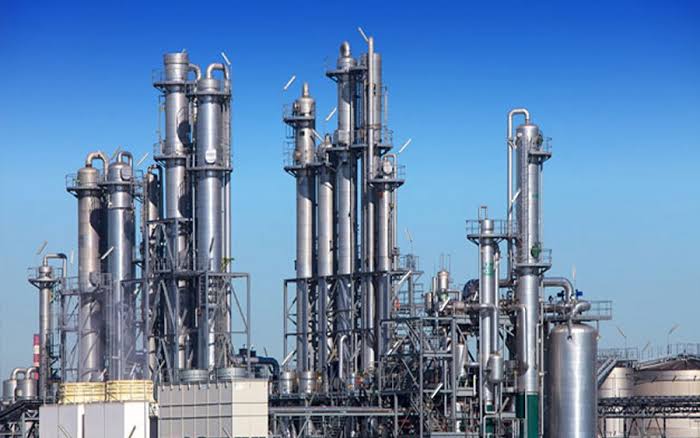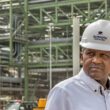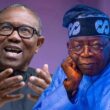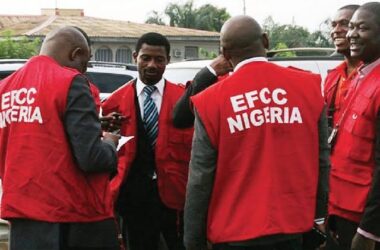Operators of local refineries in Nigeria have expressed their deep concern over the Federal Government’s recent announcement to persist in importing fuel. This decision, made public by the Nigerian Midstream and Downstream Petroleum Regulatory Authority (NMDPRA), has sparked allegations that the government is favoring foreign imports over domestic production.
The Crude Oil Refiners Association of Nigeria, representing local refiners, voiced their worries following a statement by Ahmed Farouk, the Chief Executive Officer of NMDPRA. Farouk reportedly described locally produced diesel as “inferior” to imported diesel, a characterization that has troubled local refinery operators.
On Friday, it was revealed that the Federal Government, through NMDPRA, plans to continue importing refined petroleum products. This policy aims to complement the production by the Dangote Petroleum Refinery and to avoid creating a monopoly, ensuring energy security for Nigeria. The government also emphasized the risk of over-reliance on the $20 billion Dangote refinery in the Lekki Free Zone, Lagos, cautioning against demands that all oil marketers purchase solely from this plant.
Farouk reiterated in a Port Harcourt interview that the locally produced diesel from some refineries did not meet the standards of imported diesel, which has disheartened local refiners. Reacting through their umbrella organization, the indigenous refiners accused the government of partiality.
Eche Idoko, the Publicity Secretary of the Crude Oil Refiners Association of Nigeria, stated, “We are worried that the Chief Executive of NMDPRA would make such categorical statements, suggesting strongly that he is taking sides. So much so that he even ridicules his own agency’s processes when he refers to the petroleum products produced by refineries that his agency closely regulates as inferior, thereby undermining the country’s health and safety procedures. This has huge implications for the oil and gas industry, and energy security in Nigeria.”
Farouk also disclosed that the Dangote Refinery had asked NMDPRA to stop issuing import licenses to other marketers to become Nigeria’s exclusive fuel supplier. He rejected this, arguing that reliance on a single refinery poses a risk to the nation’s energy security and market competition.
Local refiners claim that such views from the NMDPRA boss undermine their efforts. They have faced significant misinformation aimed at discrediting their operations, including from those within the sector and external detractors.
“In the last few days, we have had a barrage of misinformation thrown at the indigenous refineries, including Dangote, Aradel, Waltersmith, and our other members, from detractors and elements working against the country’s quest to achieve self-sufficiency in domestic petroleum refining. This is not completely surprising to us as we know the agenda to keep the country perpetually dependent on foreign oil merchants, and the desire to continue to pilfer the wealth of the country by a few greedy individuals is deep,” Idoko explained.
Additionally, there is controversy surrounding the Dangote refinery’s operations. Despite claims from NMDPRA that the refinery is not yet fully licensed and operational, local refiners recall that NMDPRA had previously confirmed its near-completion status. They accuse Farouk of contradicting his agency to discredit local refinery efforts.
The Major Energy Marketers Association of Nigeria (MOMAN) and the Independent Petroleum Marketers Association of Nigeria (IPMAN) have both responded to these developments, with MOMAN appreciating the clarity provided by NMDPRA and IPMAN criticizing the lack of support for local refineries.
Former Group Managing Directors of the Nigerian National Petroleum Corporation (NNPC) have also raised concerns about the transparency of NNPC’s operations since its transition to a private entity. They met with the current Group Chief Executive Officer, Mele Kyari, to discuss these issues.










